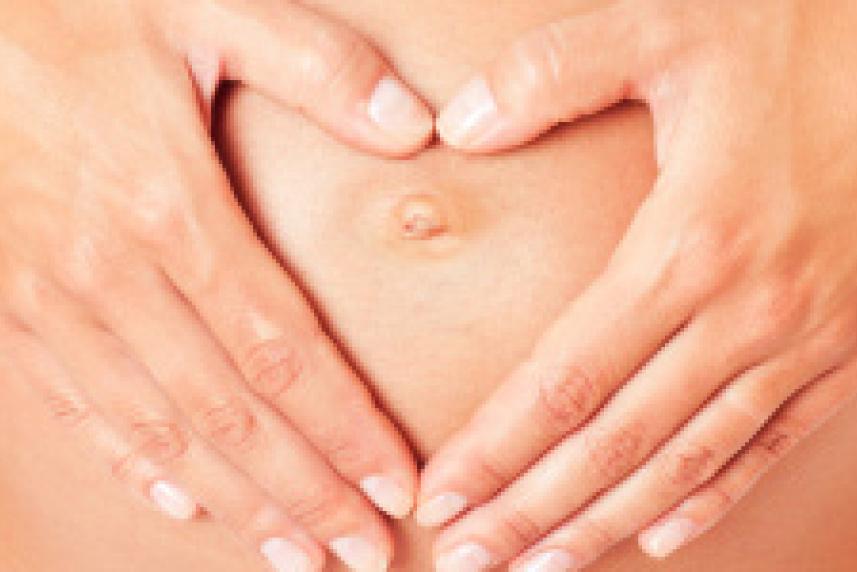3 Tips for Supporting Healthy Fertility
Make smart choices now for a healthy future

For the 7.5 million women who struggle with fertility, the journey toward parenthood is challenging. Fertility is a complicated thing, affected by everything from genetics to age to environment to lifestyle, and it can be hard to tell where the issues lie.
"One of the most common myths is the belief that being healthy means that the patient is fertile. In reality, the couple's fertility cannot be assessed without appropriate testing," says Peter Chang, MD. Even though fertility is complicated, it doesn't mean there aren't small things you can do that may help.
Timing Matters
When it comes to successfully conceiving, the clock counts. "The likelihood for conception, in general, is highest in the first months of unprotected intercourse and declines gradually thereafter," Dr. Chang says. Real talk: if you're fertile, you should conceive within the first year of trying.
Infertility is defined as the failure to achieve pregnancy after 12 months or more of unprotected intercourse. "After such time, the couple should seek help and be evaluated appropriately," Dr. Chang says. For women older than 35, he advises consulting a doctor after six months.
If you're having troubles with conception, make an appointment with a fertility expert. Go to your appointment prepared with your medical history, menstrual calendar, and, if available, medical records from previous test results and treatments.
Three Ways to Help Increase Fertility
Lower Stress
Just as stress isn't good for weight maintenance, sleep, or skin, an anxiety-filled life does not create a fertile environment. You may be trying to stick to a schedule based on ovulation times to increase your chances, but this actually can increase your stress because it adds pressure to the situation. "Be mindful that the stress associated with trying to conceive can reduce sexual esteem, satisfaction, and the frequency of intercourse," Dr. Chang says.
Try: Focus on finding calm in all aspects of your life by trying one of these stress busters: mindful breathing, sipping tea, tapping into acupressure, or taking a bath.
Eat for a Healthy Weight
As always, moderation is better than extremes. "Fertility rates are decreased in women who are either very thin or obese," Dr. Chang says. A healthy weight is in the 20-25 body mass index (BMI) range. Keep in mind that you should avoid certain foods when you're trying to conceive. "Elevated blood mercury levels from heavy seafood consumption have been associated with infertility," he says.
Try: When you're having fish, go for low-mercury options like shrimp, canned light tuna, salmon, pollock, and catfish. Try not to eat more than 12 ounces of fish and shellfish a week. Avoid Albacore "white" tuna, shark, swordfish, king mackerel, and tilefish, which contains high levels of mercury. Also minimize caffeine intake by cutting back on coffee and soda, he says.
Remove Toxins
While smoking may seem like an obvious no-no for fertility, there are other toxins out there that can affect your chances of conception. Exposure to certain toxins and solvents that may be used in dry cleaning, printing, and pesticides may decrease pregnancy rates, Dr. Chang says. Try "organic" dry cleaning options instead of the traditional dry cleaning to avoid pesticides.
Try: One other "toxin" to be aware of is prescription drugs. While they're meant to help you, be aware that they should be monitored. If you're considering having a baby, check your prescription use with your doctor. "Prescription and over-the-counter drug use should be carefully controlled and must be managed on an individual basis," Dr. Chang says. Depending on your individual mix of prescriptions, you may want to try different medications, with your doctor's advice.



